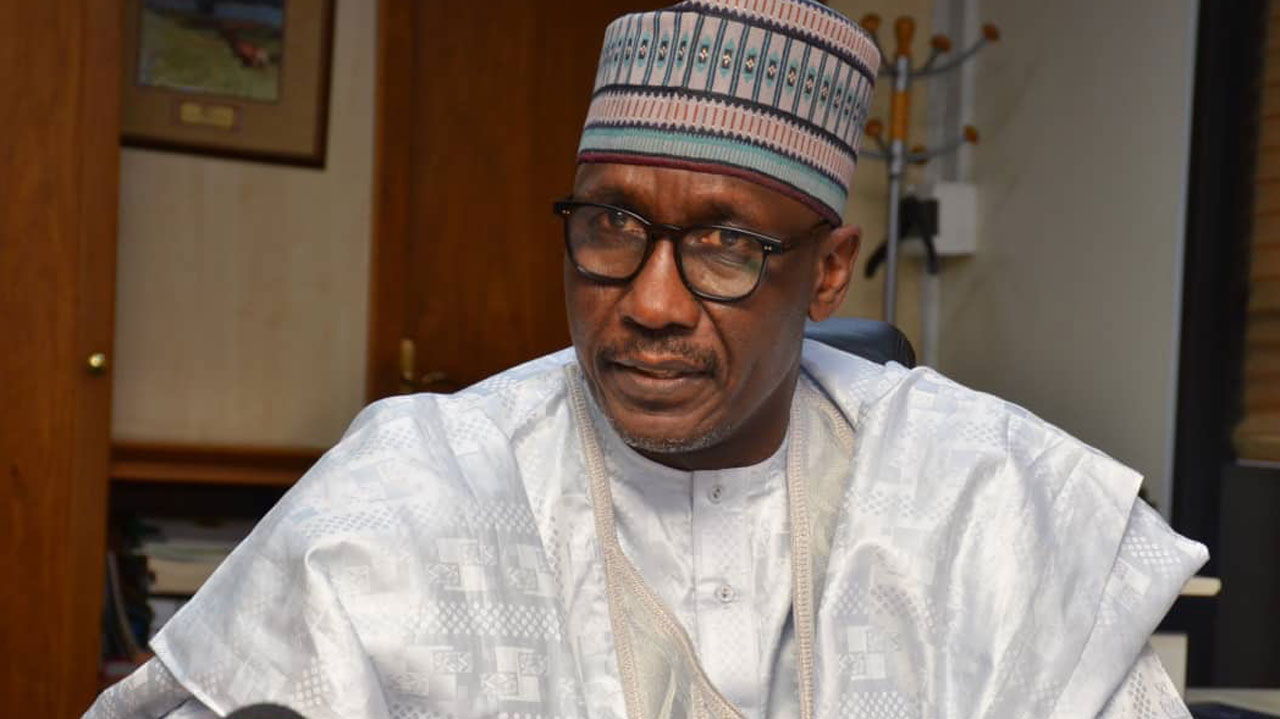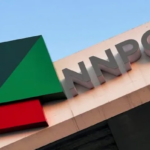The metamorphosis of the Nigerian National Petroleum Corporation (NNPC) from a State-Owned Enterprise (SOE) to a limited liability company was unveiled on July 19, 2022 in style, with the imagery of a chick being hatched from an egg; though it is doubtful if NNPC Limited, as it is now called, will exhibit the innocence of a newly-hatched chick.
Under the Petroleum Industry Act (PIA), signed into law last year, the outfit is meant to shed a lot of baggage it had carried on its wings since 1977, when the NNPC was incorporated. For instance, it will now operate as a commercial entity, with emphasis on cost-control and profit-making.
The federal government will no longer feed it with operational funds; it has to generate its own funds. Also, it will no longer be a regulatory agency, and it will no longer sell petroleum products to Nigerians at subsidised rate; subsidy has migrated from the purvey of NNPC and has become the headache of the federal government.
However, it would take a long time, and perhaps, the NNPC Ltd operating in accordance with its mandate, before Nigerians would accept that the company is not the same wine in a new wine-skin. In a recent interview, the NNPC Group Managing Director (GMD), who also heads the new limited liability company, Engineer Mele Kyari, explained the essence of the transformation thus: “What that means is that the NNPC must now look for financing without recourse to the state. And indeed, the law is very, very clear that we will have no recourse to public funds…”
For the perennially loss-making NNPC to now operate as a commercial entity with focus on profit-making, is no doubt a positive development, as it will join the league of SOEs that have been commercialised, like Saudi Aramco, which even went public in 2019.
Under the PIA, two regulatory agencies—the Nigerian Upstream Petroleum Regulatory Commission (NUPRC) and the Nigerian Midstream and Downstream Petroleum Regulatory Authority, (NMDPRA)— shall be responsible for the technical and commercial regulation of petroleum operations in their respective sectors.
Now a quasi-commercial entity, the ownership of NNPC Ltd shares shall be vested with the government, and the ministries of Finance and Petroleum shall hold the shares on behalf of the government, while the president has the powers to appoint its head as well as heads and members of the regulatory agencies. The profit made by NNPC shall accrue to its owners – government – but 30 per cent of it shall be used to fund a new entity called the Frontier Exploration Fund.
However, there are concerns about political influence over the new entity as the president retains the power to appoint its new head. Over the years, government had appointed the NNPC GMD and sometimes under cloudy circumstances believed to ensure political correctness, instead of competence and expertise. Under the new arrangement, six other directors, who represent the six geopolitical zones, are appointed by the government, ostensibly, to give the regions a sense of belonging in the commercial entity.
But it was under such an atmosphere that the NNPC operated with so much opaqueness and corruption that it became a byword for loss-making. The management of NNPC Ltd, needs to do a lot, and as quickly as possible, to dispel the perception that nothing has changed, though it has been re-branded.
Daily Trust is concerned that the new ownership and operational frameworks do not go far enough in reducing the possibilities for underhand political interference, nepotism and corruption which have plagued the NNPC, perhaps more than any other public entity in Nigerian history. As a result, the old NNPC was not only a by-word for waste but also turned itself into an ultra-elitist publicly owned organisation that was open only to those with the right connections, particularly in recent years.
We believe, therefore, that going forward and for the commercial aspirations of the NNPC Ltd to be realised in deed, there is a need to have the appointments of its head—and all other key positions in the new company—made through an open and competitive process, rather than vested in the president.
Furthermore, we are deeply concerned about the fate of NNPC’s monthly remittances to the Federation Accounts Allocation Committee (FAAC) on which the day-to-day capital and recurrent operations of many states depend. Under the new framework, NNPC Ltd would no longer be contributing to FAAC, and it remains ambiguous how and when this sticky issue would be resolved, as the Minister of Finance, Budget and National Planning, Zainab Shamsuna Ahmed, made very clear only last week. But monthly FAAC allocations are presently the lifeline of many states, and we urge all relevant authorities to work out these details to ensure greater independence of the company without jeopardising its expectations from the states.
Overall, however, the NNPC Ltd’s operations could bring about fresh confidence in the Nigerian oil and gas sector in order to attract foreign direct investment to the sector. A report by the KPMG lamented the fact that Nigeria “only [attracted] 4 per cent of the $70 billion investment inflows into Africa’s oil and gas industry between 2015 and 2019… even though the country is the continent’s biggest producer and the largest reserves.” This trend must be reversed as quickly as possible.
As at today, oil and gas has remained the main source of revenue for Nigeria. Now that NNPC Ltd has been incorporated, it is expected to make more profit or foreign currency needed for the socio-economic development of Nigeria. Happening at a time of what is globally referred to a ‘energy transition,’ as the world clamours for cleaner energy, the NNPC Ltd faces a lot of challenges. It is expected that profit from NNPC Ltd shall be invested in science, technology and innovation (STI) fund, to develop new energy sources in the face of climate change and net-zero emissions targets. But these may not be achieved without financial transparency and accountability in how the NNPC Ltd will be managed.
It is, therefore, not simply enough to rebrand the organisation, as the taste of the pudding is in the eating. Nigerians expect that the change will not be in name or the fanfare that launched it, but that the corporation truly makes a difference this time around.

 Join Daily Trust WhatsApp Community For Quick Access To News and Happenings Around You.
Join Daily Trust WhatsApp Community For Quick Access To News and Happenings Around You.


